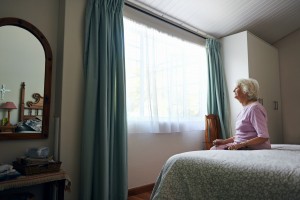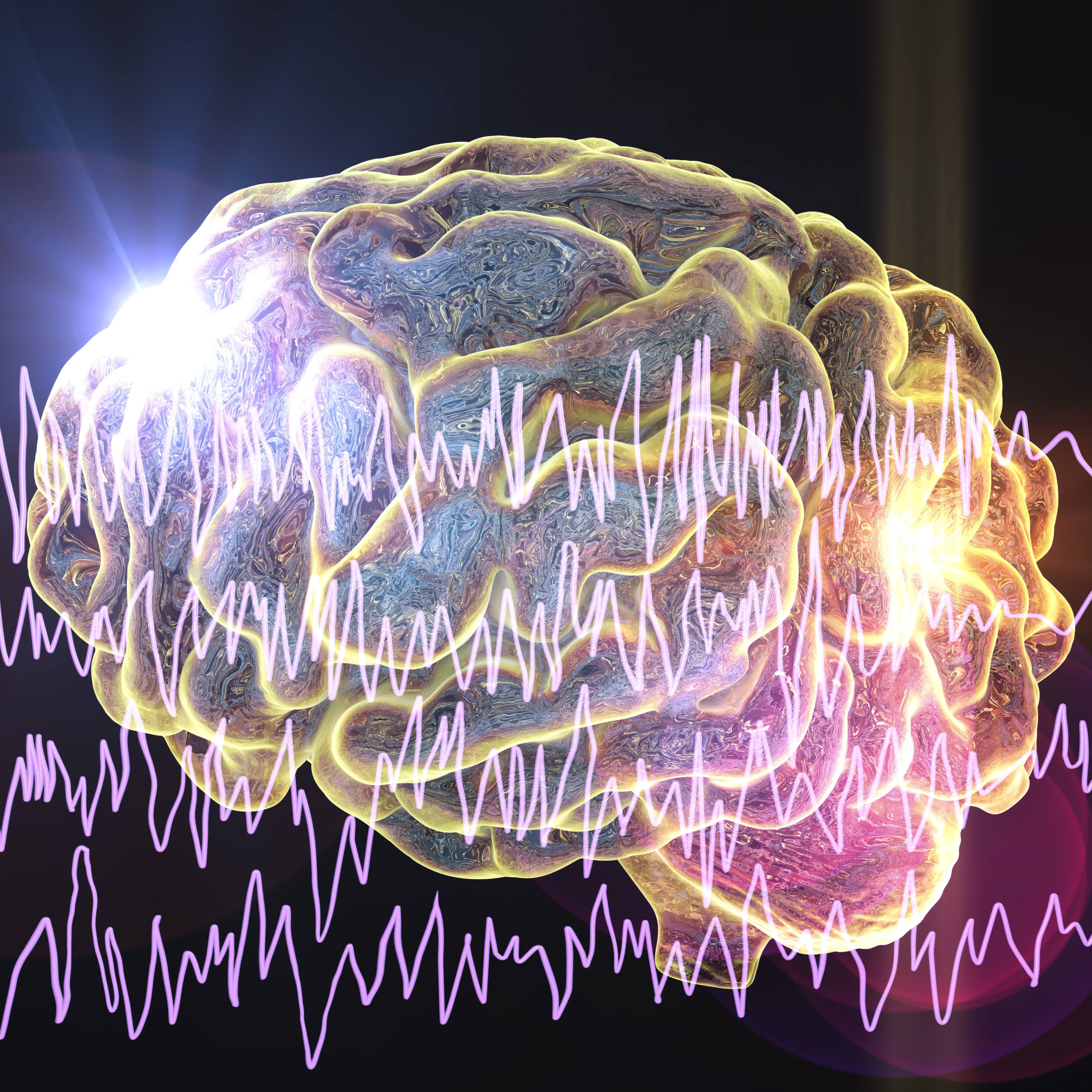-

Mayo Clinic Study Says Widowhood May Delay Dementia
 PHOENIX — A new Mayo Clinic study suggests that the care and support family members give to elderly widows following the death of their spouse may be a factor in delaying dementia.
PHOENIX — A new Mayo Clinic study suggests that the care and support family members give to elderly widows following the death of their spouse may be a factor in delaying dementia.
The study presented at the Alzheimer’s Association International Conference in Copenhagen, Denmark last week was designed to evaluate the effects of widowhood in people with mild cognitive impairment - a precursor of dementia. The thinking had been that widowhood would accelerate the development of dementia in people with MCI but the study showed the opposite.
Mayo Clinic researchers used data on more than 3,500 people from the National Alzheimer’s Coordinating Center database, which compiles information collected at various Alzheimer’s disease Centers in the U.S. The researchers found that of the 1,078 subjects who developed dementia, people who remained married developed dementia at a younger age than those who were widowed (83 years old versus 92 years).
MEDIA CONTACT: Jim McVeigh, Mayo Clinic Public Affairs,
480-301-4222, mcveigh.jim@mayo.edu.
“We feel that this finding may point to an important issue – namely that elderly spouses who are the primary caregivers for their partners with MCI may not be getting enough support for that caregiver role,” says Bryan Woodruff, M.D., Mayo Clinic neurologist and lead investigator of the study. “We theorize that more robust support is mobilized by family members and community organizations for elderly people with MCI who lose their spouse.”
Dr. Woodruff says that the study suggests that in addition to the well-known negative impact of caregiver stress on the spouse without cognitive difficulties, there may be similar negative consequences on a spouse with cognitive impairment. Earlier implementation of more robust support for caregivers, such as respite and other programs available through the Alzheimer’s Association and similar organizations may mitigate such negative consequences, he says.
Because of the findings more research is needed to pinpoint reasons for the delay in dementia, Dr. Woodruff says.
###
About Mayo Clinic
Recognizing 150 years of serving humanity in 2014, Mayo Clinic is a nonprofit worldwide leader in medical care, research and education for people from all walks of life. For more information, visit 150years.mayoclinic.org, http://www.mayoclinic.org and newsnetwork.mayoclinic.org.







